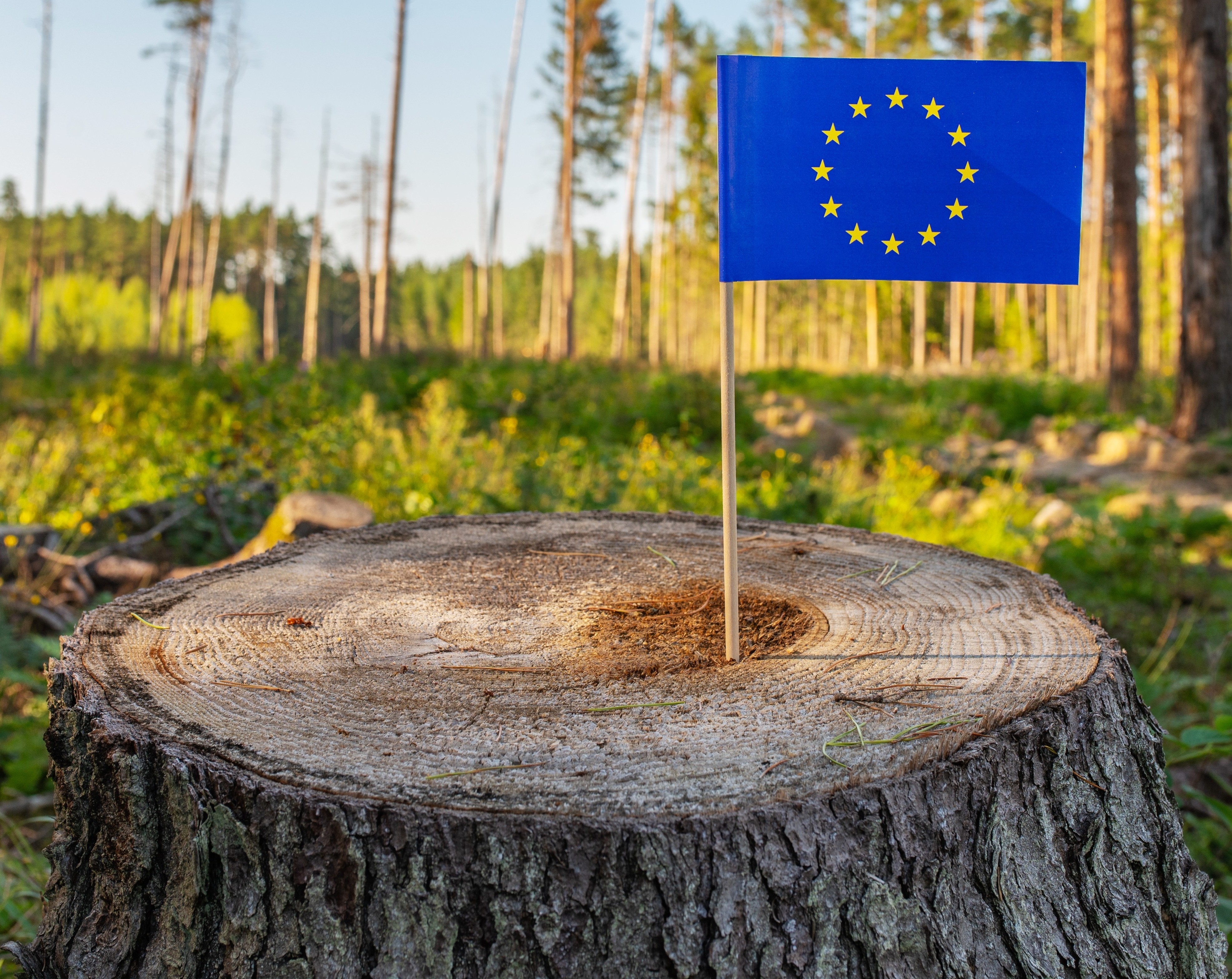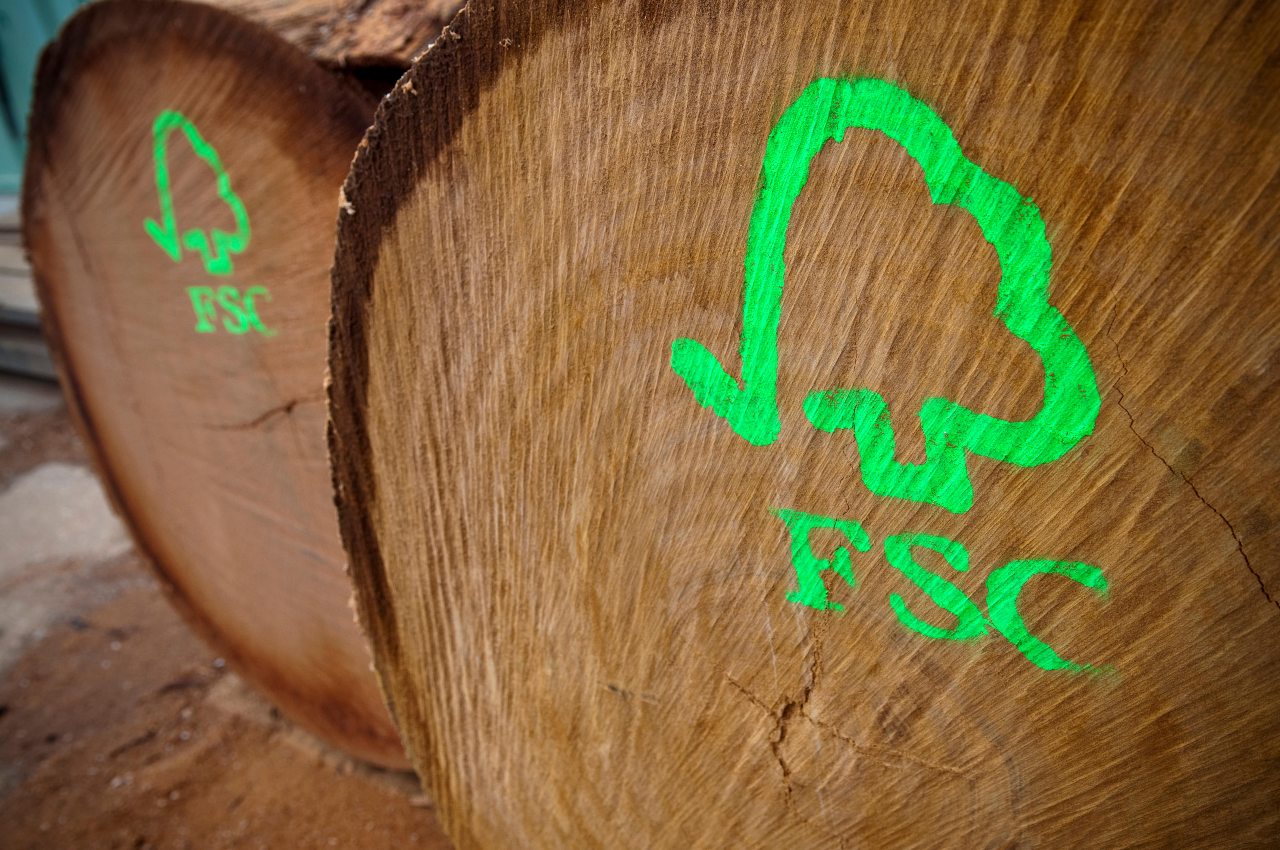Criminal groups now “embedded in the entire supply chain” of production in Michoacán where violence, extortion and illegal land clearing are rife
Mexico’s avocado heartlands are being infiltrated by
criminal groups seeking to cash in on its global popularity and this is leaving
international consumers increasingly exposed to buying “illegally produced”
fruit.
The presence of criminal organisations in the sector has
escalated as groups have taken central roles in the fruit’s production and
transportation, predominantly in Michoacán – the country’s biggest export
producing region – in an effort to diversify their illicit revenue streams.
The risk analysis group Verisk Maplecroft said in a December
research briefing:
“Companies trading in avocados or avocado-based products are exposed to the
violation of international or corporate best-practice standards on labour,
sustainability and anti-money laundering and corruption.
“Given the power and reach of criminal organisations…
companies will be unable to eliminate the risk of handling illegally produced
fruit.”
Mexico is by far the world’s biggest trader in avocados. It
exported $2.39 billion of the fruit in 2018, more than the next four countries
combined; Netherlands ($730 million), Peru ($723 million), Spain ($346 million) and Chile ($323 million),
according to figures from UN Comtrade.
The US remains the largest export market for Mexico’s
avocados – the country imported $2.1 billion worth in 2018 – while demand in Asia is
booming too with China imports jumping from $31 million in 2017 to almost $50 million a year
later.
The EU imports around 13 per cent of its avocados from Mexico.
Purchases topped €190 million ($209 million) in the first 11 months of 2019 – a 70 per cent increase
from 2018. This equated to more than 70,000 tonnes and 36 per cent greater than the
previous year and a 175 per cent rise from 2015, Earthsight analysis of
international trade data reveals.
From January 2017 to the end of November 2019 Europe
received more than 9,000 shipments of Mexican avocados. International customs
data indicates that 50 per cent of these shipments originated from companies with a
Michoacán address and 30 per cent were based in the neighbouring state of Jalisco.
Maplecroft’s Christian Wagner, author of the December
research, says there are no parts of the avocado supply chain in Michoacán
left untouched by rogue actors.
“The criminal groups are now embedded in the entire supply
chain [in Michoacán]. They grow, transport and steal avocados and they extort
money from other producers,” Wagner, the firm’s Americas Risk Insight Analyst,
told Earthsight. “Criminal organisations have their own farms; extort
other farmers and also operate in the logistics part of the supply chain: the
road shipments through Mexico to the distribution centres and ports of exit.”
The Viagras, a cartel operating in Uruapan, Michoacán’s second
largest city, reportedly placed
a tax on avocado producers in March charging them $250 a hectare in “protection
fees”.
Maplecroft estimates that more than a dozen criminal gangs
are vying for control in Michoacán and other avocado producing regions.
Its briefing note detailed how rates of murder and violent
theft against cargo transport in Michoacán have risen sharply. The third quarter
of 2019 saw more than 450 murders and 300 incidents of cargo theft reported in
the state.
Issues of illegal deforestation are also worsening as
resource-rich criminal groups ramp up their involvement.
“Before, maybe you had some farmers who would encroach on
protected woodland to grow a few avocado trees… unlikely to account for more
than 5 per cent of total production,” Wagner explains. “But now you have industrial
scale operations. It is not a few trees by a few farmers, it is acres and acres
of woodland getting cleared by [criminal] organisations which have all the
resources to carry out major forest clearing operations.”
Global Forest Watch data indicates that
Michoacán lost 10,000 hectares (ha) of tree cover in 2018, almost double the 5,930ha
lost in 2017, while Jalisco – an area increasingly exposed to deforestation linked to avocado cultivation – lost nearly
8,000ha in 2018.
That year illegal crops were discovered at a
UNESCO World Heritage site in Michoacán and last year authorities in
Jalisco identified 1,000
new hectares of land illegally cleared for production.
Wagner believes around half of all Mexican avocados entering
the US are likely to have been “unethically sourced, transported or harvested”
and he estimates up to 10 per cent of imports entering EU markets could be similarly
tainted.
The disparate nature of the supply chain with distributors
purchasing from many different farms along with an inability of authorities to
stamp down on criminal groups that have long wielded power and influence means
eradicating illegal operations in the sector is a nearly impossible task.
“Unsustainable avocado production in Mexico has been a
concern for activists and regulators for years, but it was always a challenge
of the industry and it wasn’t something which affected a region as a whole,” he
adds. “Today, you have the same problem, but proportions have changed
completely.
“There is really no way that companies dealing with this
product [Michoacán avocados] can be completely isolated from the problem.”



